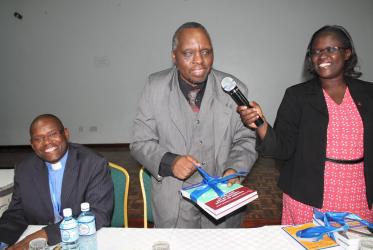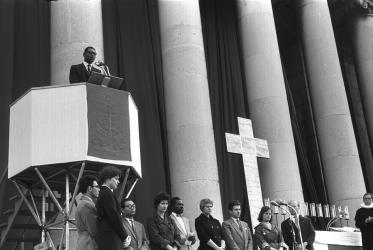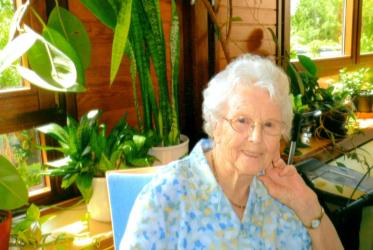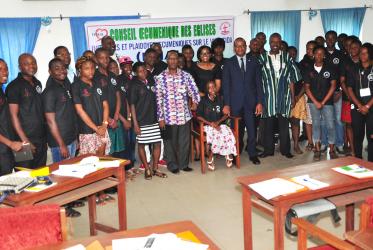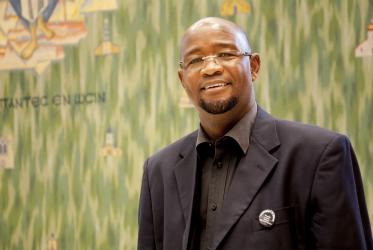Displaying 81 - 100 of 201
New theological materials offer fresh perspective on disabilities
08 December 2016
Bible study on stateless persons available for Advent use
29 November 2016
Churches need to do more to tackle HIV and AIDS
23 June 2015
